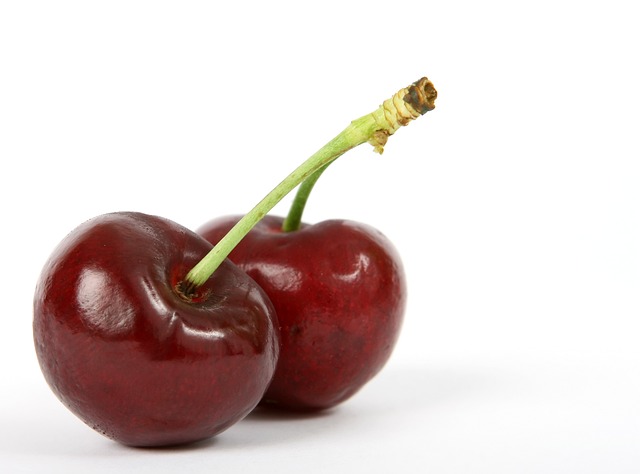8 Delicious and Healthy Probiotic Foods You Should Add to Your Diet
Probiotics are live microorganisms that promote good digestion and a healthy gut. They improve bowel movement, strengthen the immune system, and protect against harmful bacteria. The good news is that probiotics can be found in many delicious and healthy foods, making it easy to incorporate them into your daily diet. Here are eight probiotic-rich foods to add to your grocery list.
1. Yogurt
Yogurt is probably the most well-known probiotic food. It is made by fermenting milk with friendly bacteria, such as Lactobacillus acidophilus and Bifidobacterium. Yogurt provides a good source of calcium, protein, and probiotics. Be sure to get plain yogurt or low-sugar varieties to avoid consuming added sugars.
2. Kefir
Kefir is a fermented milk drink that contains a higher concentration of probiotics than yogurt. It is made by fermenting milk with kefir grains, which consist of friendly bacteria and yeast. Kefir is a great source of probiotics, vitamins, minerals, and antioxidants. It has a tangy and refreshing taste that can be enjoyed on its own or blended into a smoothie.
3. Kimchi
Kimchi is a traditional Korean dish made from fermented vegetables, such as cabbage, radish, and scallions. It contains beneficial bacteria, such as Lactobacillus kimchii and Leuconostoc mesenteroides. Kimchi is a spicy and sour food that can add flavor and nutrition to your meals. It can be eaten as a side dish or used as a condiment in sandwiches and tacos.
4. Kombucha
Kombucha is a fermented tea drink that is gaining popularity for its health benefits. It is made by fermenting sweetened tea with a symbiotic culture of bacteria and yeast, known as SCOBY. Kombucha is a rich source of probiotics, organic acids, and antioxidants. It has a slightly sweet and fizzy taste that can replace sugary drinks.
5. Miso
Miso is a traditional Japanese seasoning made by fermenting soybeans with salt and koji, a type of mold. It contains beneficial bacteria, such as Lactobacillus plantarum and Lactobacillus paracasei. Miso is a flavorful and nutritious ingredient that can be used as a soup base, marinade, or dressing. It is also a good source of protein, vitamins, and minerals.
6. Sauerkraut
Sauerkraut is a fermented cabbage dish that is popular in Eastern Europe. It is made by massaging cabbage with salt and allowing it to ferment for a few weeks. Sauerkraut contains beneficial bacteria, such as Lactobacillus plantarum and Pediococcus pentosaceus. It is a low-calorie and low-carb food that can add crunch and tang to your meals.
7. Tempeh
Tempeh is a fermented soybean cake that is a popular source of protein among vegetarians and vegans. It is made by culturing cooked soybeans with a type of fungus called Rhizopus. Tempeh contains beneficial bacteria, such as Bifidobacterium bifidum and Lactobacillus acidophilus. Tempeh has a nutty and savory flavor that can be sliced, grilled, or stir-fried.
8. Pickles
Pickles are cucumbers that have been preserved in vinegar or brine. They contain beneficial bacteria, such as Lactobacillus plantarum and Pediococcus pentosaceus. Pickles are a low-calorie and low-sugar snack that can satisfy your cravings for something salty and crunchy. Choose the refrigerated varieties to ensure that they contain live probiotics.
In conclusion, probiotics are essential for maintaining a healthy gut and overall well-being. By adding these delicious and healthy probiotic foods to your diet, you can improve digestion, boost immunity, and protect







